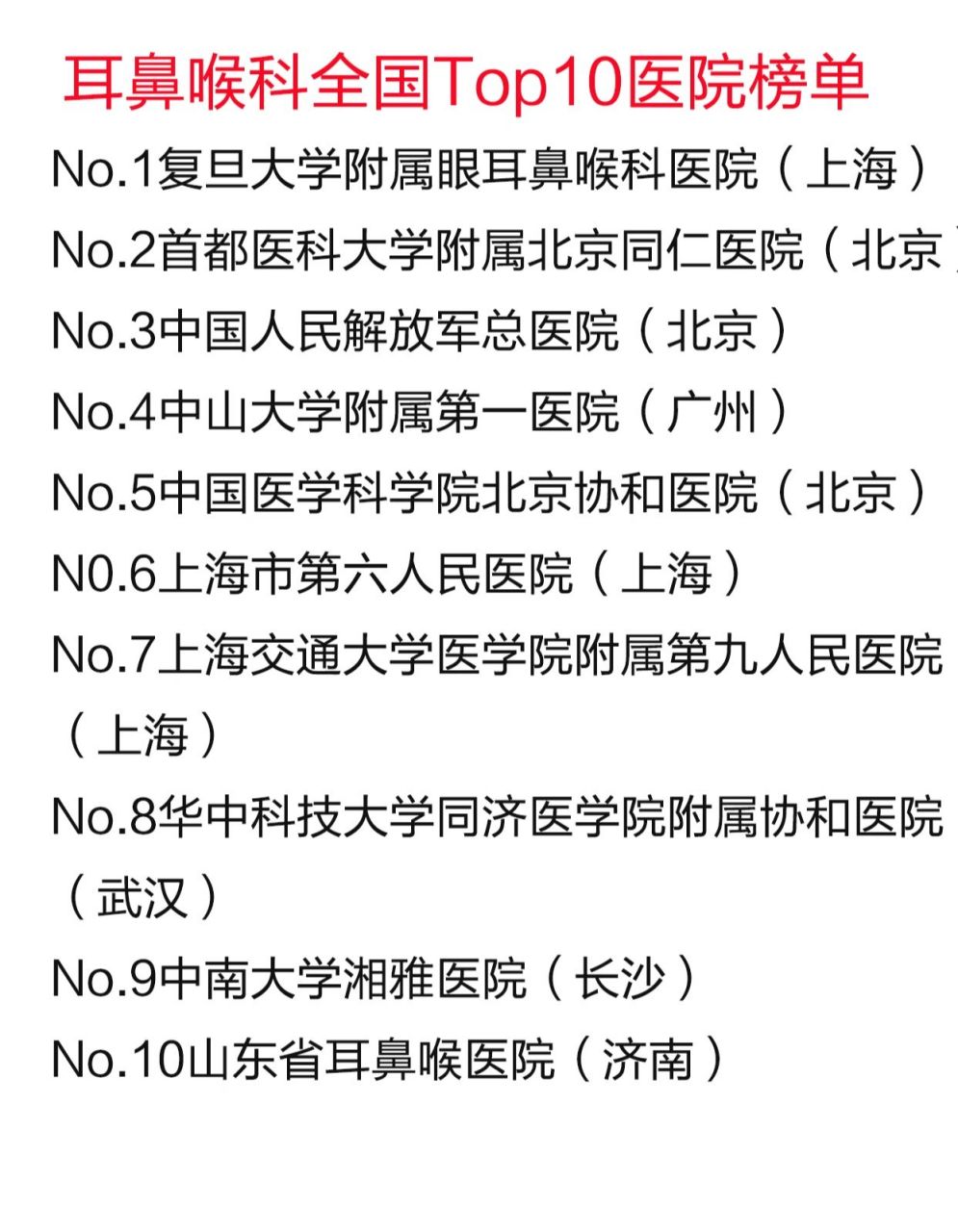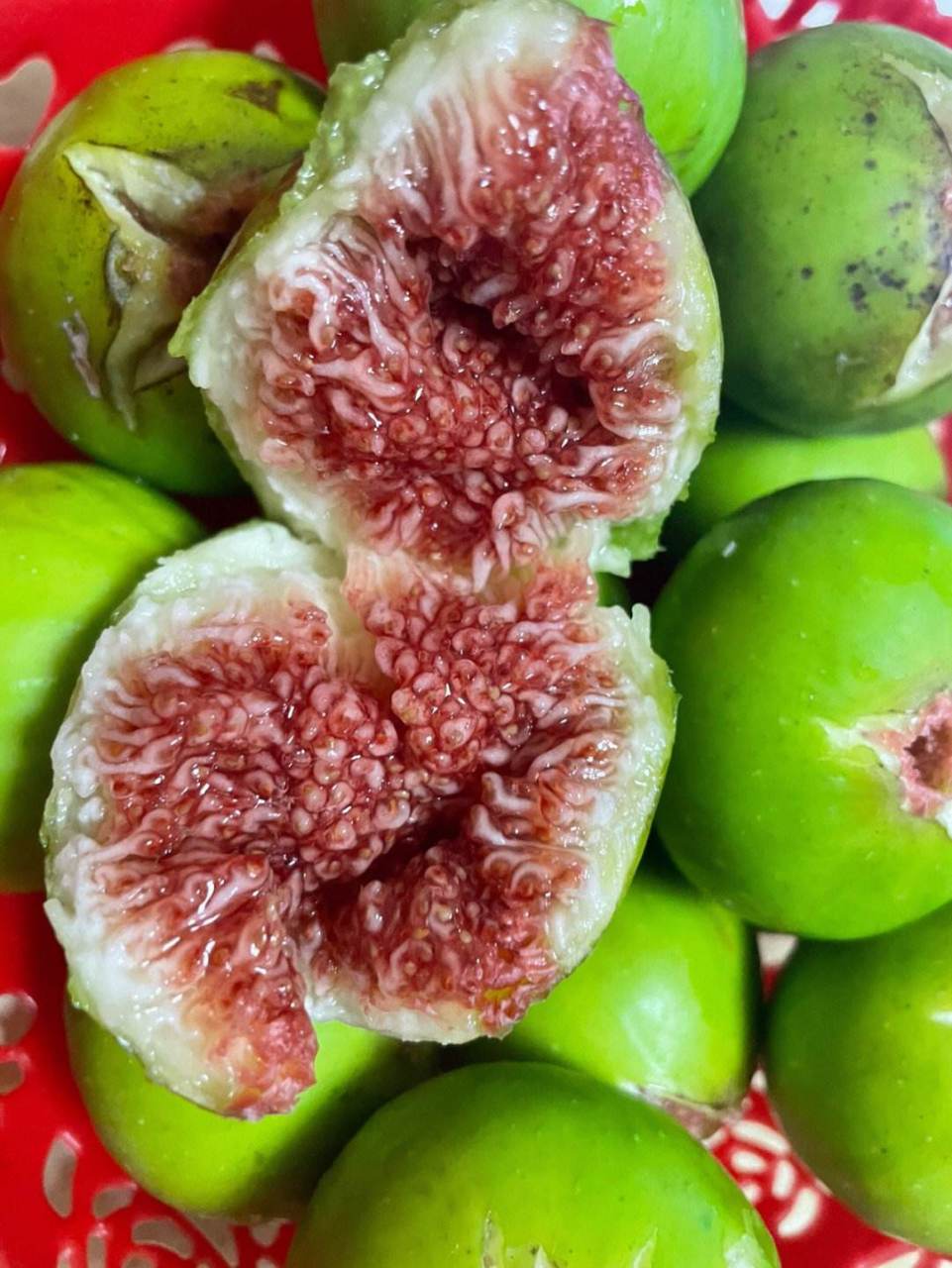
Low blood pressure, or hypotension, can be managed with a combination of lifestyle changes and, in some cases, medical intervention. Here are some strategies to help manage low blood pressure:
1. Increase Salt Intake: Consuming more salt can help raise blood pressure, but it's important to do so in moderation and under the guidance of a healthcare professional, especially if you have other health conditions like hypertension or heart disease.
2. Stay Hydrated: Drinking plenty of fluids, especially water, can help prevent dehydration, which can contribute to low blood pressure.
3. Avoid Alcohol and Caffeine: Alcohol and caffeine can cause dehydration and worsen low blood pressure symptoms, so it's advisable to limit their intake.
4. Eat Small, Frequent Meals: Eating smaller, more frequent meals can help stabilize blood pressure and prevent sudden drops.
5. Wear Compression Stockings: Compression stockings can help improve blood flow and reduce the risk of blood pressure drops, especially when standing up quickly.
6. Medication: In some cases, medication may be prescribed to help manage low blood pressure, particularly if it is caused by another medical condition or as a side effect of certain medications.
7. Lifestyle Adjustments: Gradually standing up from a sitting or lying position, exercising regularly, and avoiding hot baths or showers can help prevent episodes of low blood pressure.
It's important to work closely with a healthcare professional to develop a personalized treatment plan that considers the underlying causes of your low blood pressure and any other health issues you may have.









